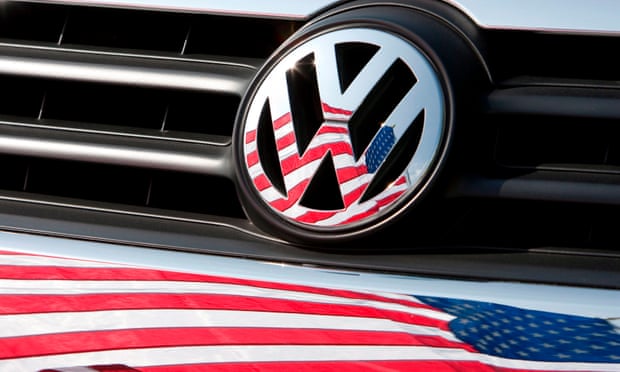Ethics can be described as the moral principles that govern
a person’s behaviour or the conducting of an activity. Something that VW
clearly hasn’t been aware of in recent times!
As we all know VW haven’t been portrayed in the best light
since earlier this year in September when the emissions scandal was brought to
light. VW had been selling cars that were up to 40 times over the emissions
limit in the US and also in Europe. But how did they get through the tests that
all cars must undergo before they go on sale to the general public? Well they
had fitted the cars with software that made the cars able to sense
test scenarios by monitoring speed, engine operation, air pressure and even the
position of the steering wheel. When the software realised it was in
test mode it almost put the car in a safety mode that reduced its engine power
and performance. Then when the software knew it was out on the road these
settings were turned off.

So VW had nowhere to hide
when this was discovered, as it was a clear and deliberate plot to deceive
consumers and regulators!
The fundamental principles of
business ethics can be categorised into 5 areas
·
Professional
behaviour
·
Integrity
·
Professional
competence and due care
·
Confidentiality
·
Objectivity
Somehow VW managed to go against every area of ethical behaviour
as much as they could; almost as though they were trying to be as unethical as
possible.
Directly after the incident VW boss Michael Horn stated that
they had “totally screwed up” and Mr Winkertone (Was the CEO) said that they had
“broken the trust of our customers and the public.” Both statements very true,
but you can only help feeling that this is far too little far too late on this occasion.
The question is, how will VW be able to recover from such a
scandal and will their reputation ever be the same again?
VW’s first action was to put aside £4.8bn to cover the costs
of the car recalls; however this is only the tip of the iceberg when it comes
to how VW will be negatively impacted by this scandal. They could be fined up
to $18bn by the EPA, as they have the power to fine VW $37,500 for each car
that they have sold that is affected by the issue.
I think that the most noticeable issue that has arisen from
this scandal is the ease that VW were willing to lie to its customers and the
general public. If they were willing to lie about this then what else are other
companies lying to us about? How far are organisations willing to go just to
have better profit margins? Surely it will not be long until a company
purposefully cuts costs that could potentially put people’s lives at risk. We
have already seen it with the brake failure scandal at Toyota, so how long is
it before something like this happens again on a larger scale? Just something
to think about...
If you have any additional comments to make, then feel free to
do so!


